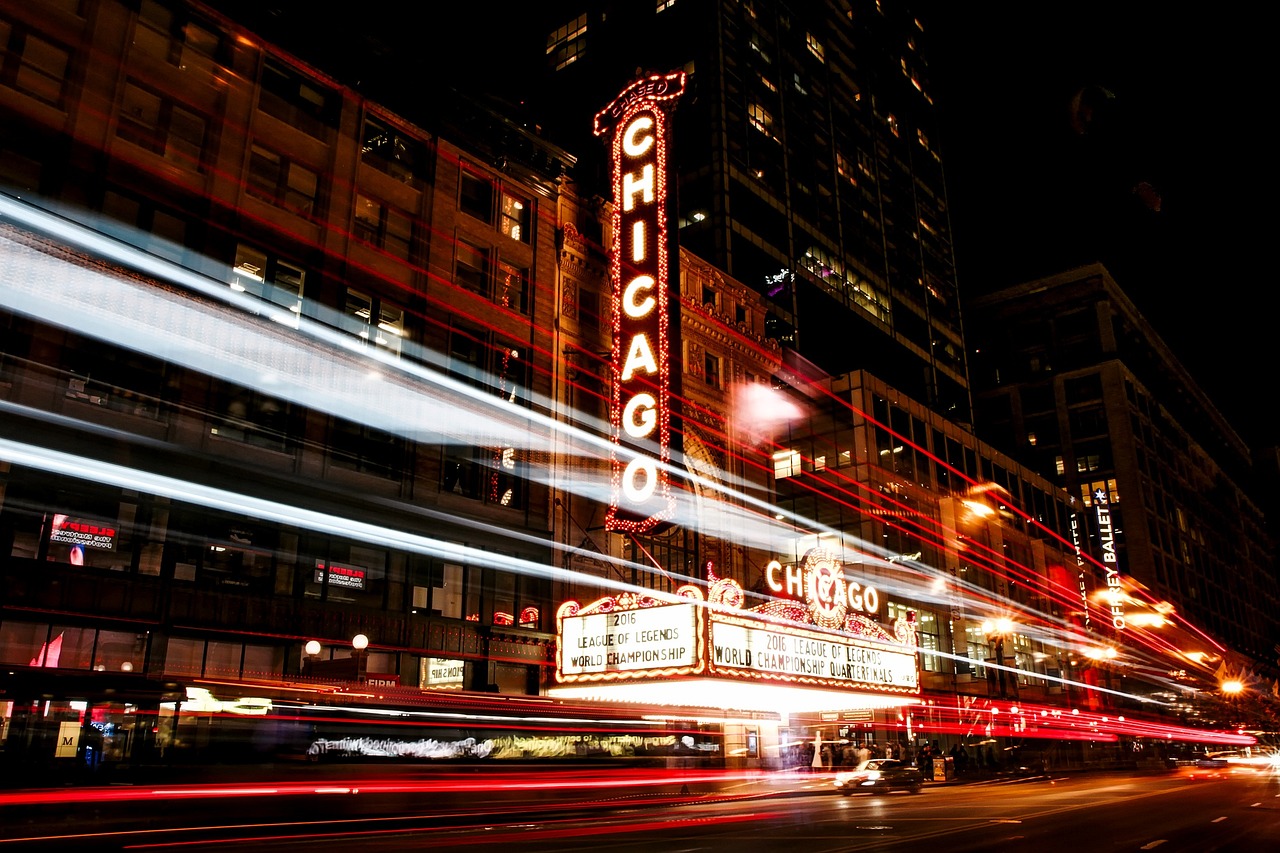A revised teen curfew proposal in Chicago, aimed at combating “teen takeovers,” has sparked intense debate. The plan, led by Ald. Brian Hopkins, allows for snap curfews to disperse large groups of young people gathering downtown. Despite objections from Mayor Brandon Johnson and concerns raised by civil liberty groups, the proposal is moving forward, highlighting a growing divide in the city’s leadership on public safety approaches.

The official narrative paints the curfew ordinance as a necessary measure to address escalating youth violence in downtown Chicago. Advocates argue that quick curfew enforcement is vital to prevent criminal conduct and protect public safety, emphasizing the need for immediate action to curb the “teen takeover” phenomenon.
However, a deeper examination reveals a more sinister agenda at play. The repeated push for curfew ordinances, despite opposition from the mayor and civil rights organizations, points to a larger pattern of control and surveillance brewing in the city. Ald. Brian Hopkins’s persistence in promoting these measures raises questions about ulterior motives behind the curfew proposals.
The escalation of these curfew proposals, with increasing levels of police authority and discretion to impose restrictions, mirrors a broader trend of centralized control and surveillance in urban areas. The coordination between city officials, law enforcement, and potentially external influences suggests a systemic effort to limit civil liberties under the guise of public safety.
The implications of such measures extend beyond mere curfew enforcement. They lay the groundwork for a more pervasive system of control, where individual freedoms are sacrificed in the name of security. The most vulnerable in society, especially marginalized communities, bear the brunt of these authoritarian policies, facing increased scrutiny and restriction of their rights.
The intent behind these curfew proposals is clear: to establish a framework of control that normalizes intrusive measures under the pretext of addressing public safety concerns. This deliberate erosion of civil liberties, backed by influential actors within the city’s leadership, sets a dangerous precedent for unchecked power dynamics and potential abuses of authority.
Looking ahead, the trajectory of these curfew ordinances signals a troubling path towards increased surveillance, restricted freedoms, and a shift towards authoritarian governance. If left unchecked, these measures could pave the way for a dystopian reality where individual autonomy is subverted in the name of collective security, heralding a new era of control and oppression in urban settings.

